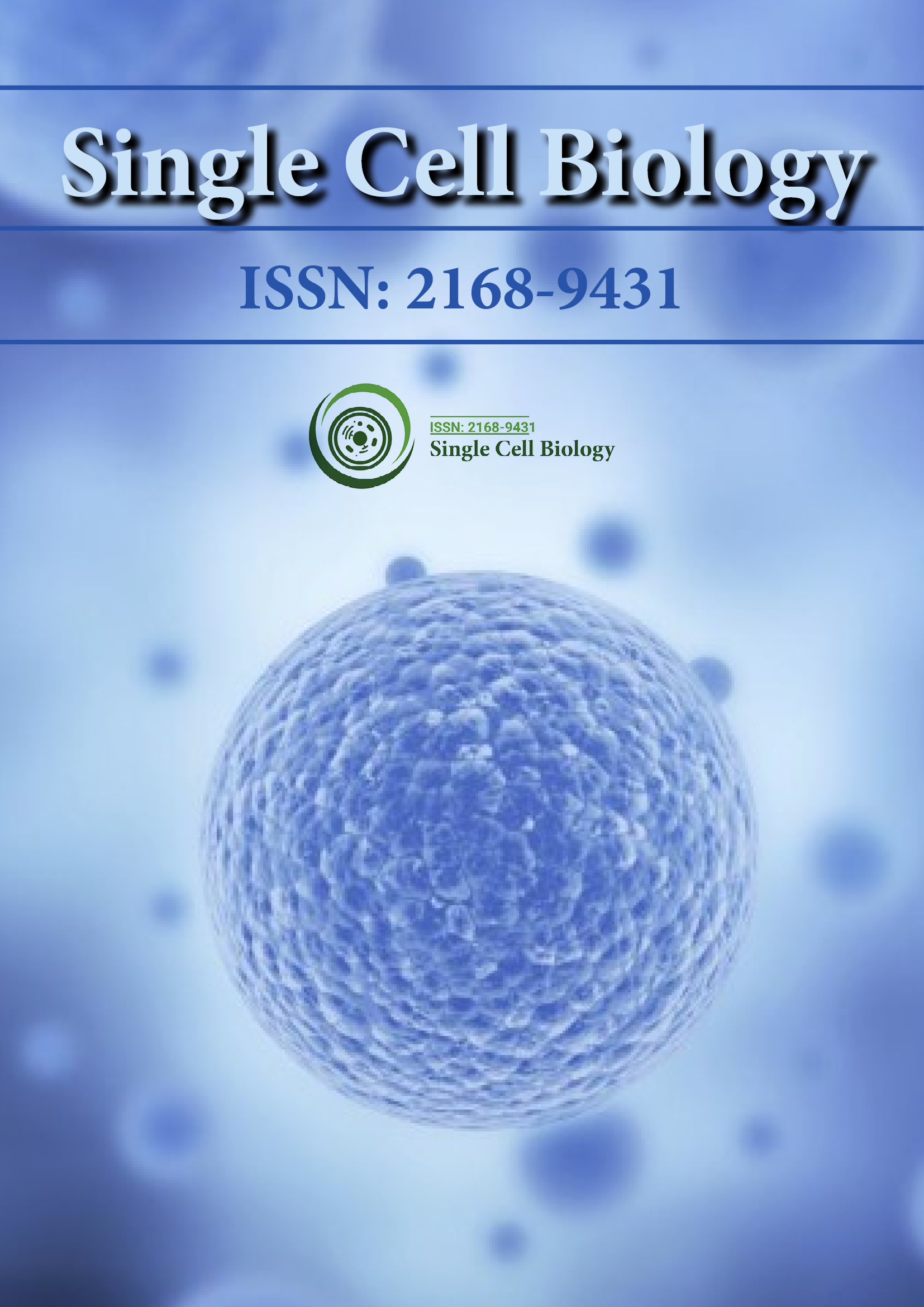Indiziert in
- Forschungsbibel
- CiteFactor
- RefSeek
- Hamdard-Universität
- EBSCO AZ
- Publons
- Genfer Stiftung für medizinische Ausbildung und Forschung
- Euro-Pub
- Google Scholar
Nützliche Links
Teile diese Seite
Zeitschriftenflyer

Open-Access-Zeitschriften
- Allgemeine Wissenschaft
- Biochemie
- Bioinformatik und Systembiologie
- Chemie
- Genetik und Molekularbiologie
- Immunologie und Mikrobiologie
- Klinische Wissenschaften
- Krankenpflege und Gesundheitsfürsorge
- Landwirtschaft und Aquakultur
- Lebensmittel & Ernährung
- Maschinenbau
- Materialwissenschaften
- Medizinische Wissenschaften
- Neurowissenschaften und Psychologie
- Pharmazeutische Wissenschaften
- Umweltwissenschaften
- Veterinärwissenschaften
- Wirtschaft & Management
Abstrakt
The Role of Autophagy in Stress and Cancer
Mehmet Bostanciklioglu
Programmed cell death plays an important role in development and disease. There are three main types of programmed cell death: apoptosis, autophagy, and necrosis. Apoptosis works on the two basic pathways called extrinsic and intrinsic; when there is a stress factor in a cell, apoptosis starts. Autophagy is critical for the continuation of normal human physiology such as the cellular homeostasis, energy balance, development and cellular defense. In addition to these, it may play a role in the pathogenesis of cancer, neurodegenerative diseases, aging, muscular diseases, infectious diseases, and immune system diseases. While some autophagy genes showed tumor suppressive effect during the development of cancer, some other genes contributes to the survival of cancer cells during cancer progression. Therefore, the relationship between autophagy and cancer is quite complex. The role of autophagy in cancer varies depending on the stage of the cancer, the metabolic status of cell and the presence of stress. Also, it was reported that the expression of certain molecules associated with autophagy vary in different types of cancer. Autophagy is activated and allows the continuation of the viability of tumor cells in hypoxia. In case of nutrient deficiency, autophagy allows tumor tissue to gain time until nutrient, oxygen and growth factors become eligible again. Therefore, autophagy is seen as a necessary mechanism for tumor continuity. Autophagy increases both in cancer cells and normal cells during the cancer treatment. But, due to cancer cells use autophagy to survive more than normal cells; this case may generate new therapeutic opportunities. The studies needed to conduct to find new ways for using the genes play role in autophagy in cancer treatment. In the present study, we aimed to throw light on the interaction of autophagy mechanism and some stresses such as ischemia and reperfusion and cancer development.